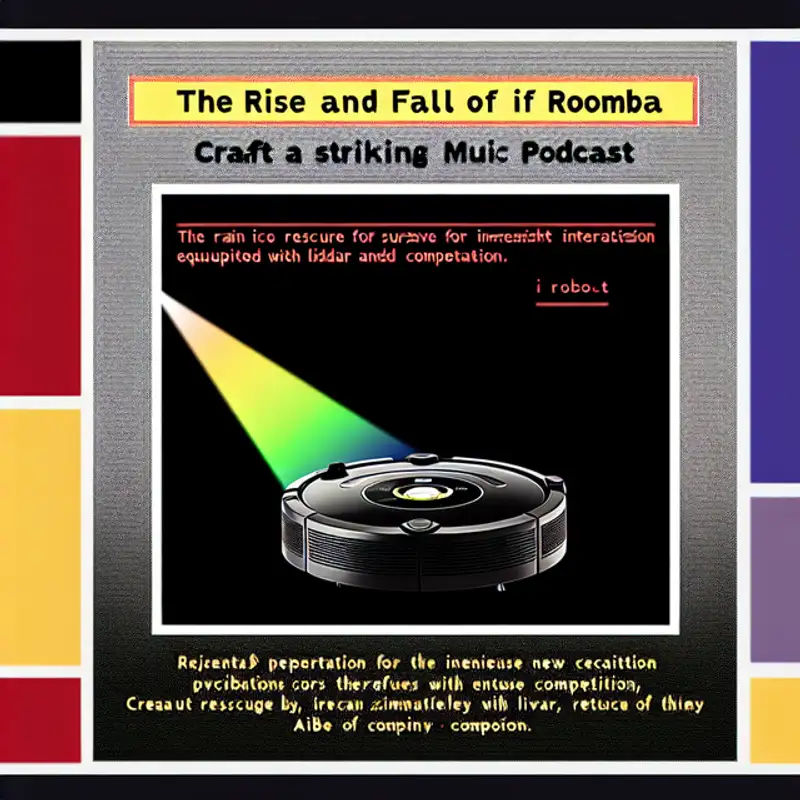iRobot's Roomba was once the undisputed king of robotic vacuums, with its name practically synonymous with the category. But after a failed acquisition by Amazon and increasing competition from Chinese brands, the company now faces an existential crisis. Its revenue has plummeted, and it recently warned investors about its ability to survive as a business. While iRobot tried to expand into new product categories like robotic mops and even lawn mowers, it failed to match rivals like Roborock and Ecovacs, who focused on improving vacuum technology. Now, with a new CEO and a dramatically downsized workforce, iRobot is pinning its hopes on a fresh lineup of Roomba models featuring AI and LIDAR technology. But will this pivot be enough to rescue the once-iconic company, or will it be outmaneuvered once again?
Key Points:
- iRobot's Rise and Fall: The company enjoyed massive success with Roomba, selling over 50 million units and reaching a $1 billion annual revenue peak. In 2022, Amazon attempted to buy iRobot for $1.7 billion.
- Failed Expansion Strategy: Instead of doubling down on its core vacuum business, iRobot invested in new product categories, including robotic mops, lawn mowers, and air purifiers—most of which didn’t take off.
- Intensifying Competition: Chinese brands such as Roborock (22.3% market share vs. iRobot’s 13.7%), Ecovacs, and Anker outpaced iRobot by introducing better, more affordable robotic vacuums with advanced obstacle avoidance and spatial mapping technologies.
- Amazon Deal Collapse: The acquisition by Amazon was blocked by regulators in January 2024, leaving iRobot in financial distress. Co-founder Colin Angle stepped down as CEO, replaced by turnaround specialist Gary Cohen.
- Drastic Downsizing: iRobot has laid off 50% of its workforce, cut non-vacuum product lines, and seen revenues fall 47% in the U.S. and 23% globally year-over-year.
- New Roomba Lineup: In 2024, iRobot launched eight new Roomba models, including AI-powered and LIDAR-equipped versions, ranging from $300 to $1,000, to compete more effectively with Chinese rivals.
- Uncertain Future: While the company hopes to grow revenue with new vacuum-focused innovations, its fate depends on consumer demand, competition, and economic factors.
As Fast Company warns, if iRobot can’t navigate these challenges, “it may just get swept away.” Will the Roomba brand survive, or has the robovac market moved on without it?
Link to Article
 Episode
Episode